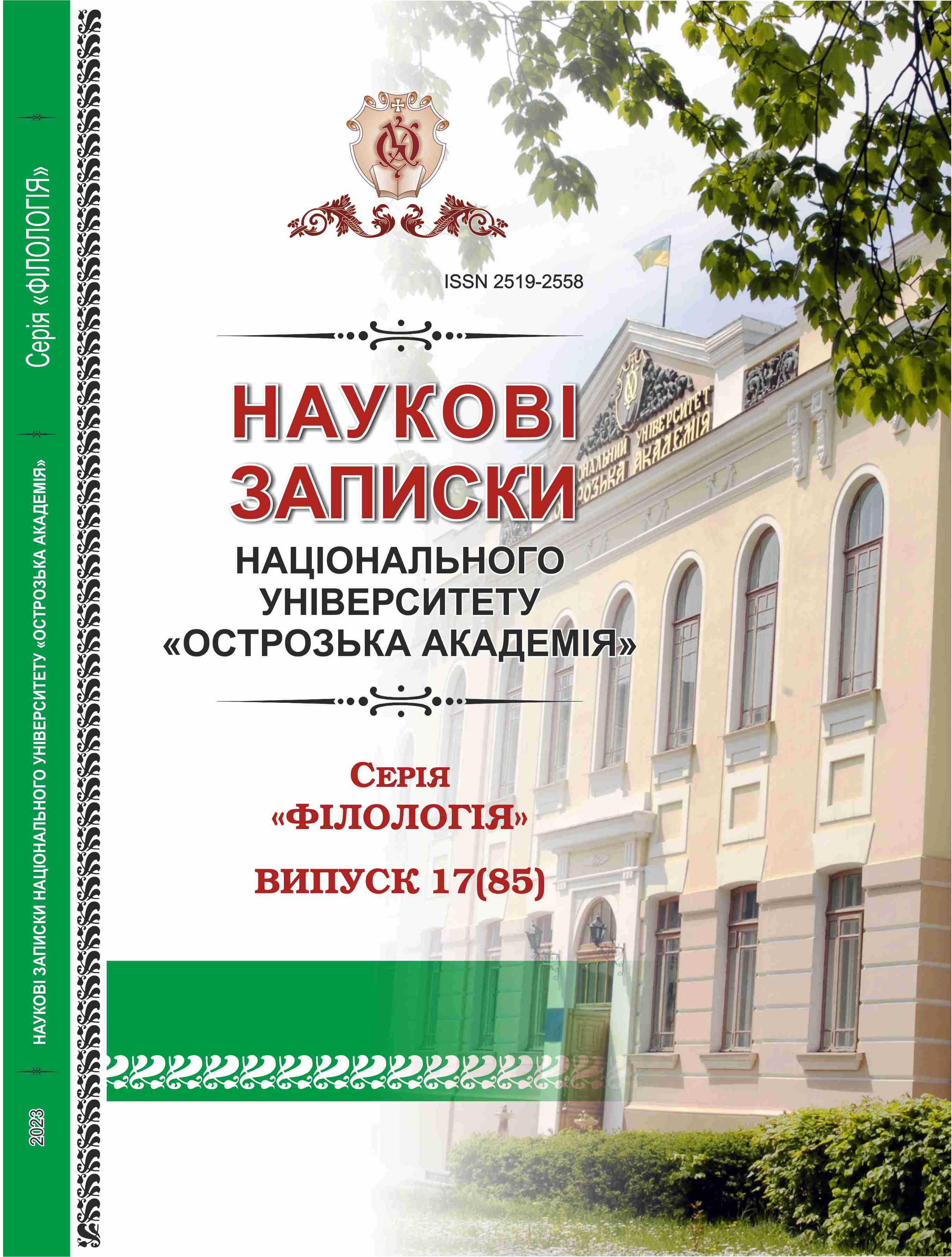LINGUISTIC FEATURES OF INTERNET-DISCOURSE
Keywords:
discourse, Internet discourse, linguistic analysis, acronym, abbreviation, pseudonym, neologism, meme, nicknameAbstract
The thesis is devoted to the study of the linguistic features of Internet discourse at the lexical, graphic, and grammatical levels. The changes that caused the active spread of social networks and websites in English are analyzed in detail.
A well-grounded analysis of lexical-semantic and graphic means of online communication made it possible to understand the trends of popular social networks in more detail. The English language has been directly and powerfully influenced by online communication. Social consolidation factors have determined the main influence of the English language on the Internet in general. Being the territorial native language of the founders of famous websites and social networks, it is used most actively. English-speaking users were among the first to have access to virtual communication and laid the foundation for the creation, development and spread of the Internet language. This explains the special attention of linguists to English-language platforms.
The general features of the Internet English language, which is characterized by changes at the lexical, grammatical or graphic levels, have been studied. The conducted linguistic analysis of posts on popular social networks revealed the following patterns of English-language Internet discourse, namely: 1) the use of a large number of neologisms (formed by affixation and word formation); 2) frequent use of acronyms and abbreviations; 3) pseudonyms (or nicknames) are an important feature of communication on the Internet or chat; 4) special cases of using punctuation marks, lowercase and uppercase letters, emoticons (smilies) and non-alphabetic graphic signs; 5) capitalization, hyphenation, various types of memes and gifs were detected; creolized memes are the most common; 6) at the grammatical level, frequent omission of punctuation and violation of grammatical norms of the English language.
Interaction on the Internet often replaces real communication needs.
Internet English reflects the general tendency to economize language and illustrates the creativity and originality of Internet users.

